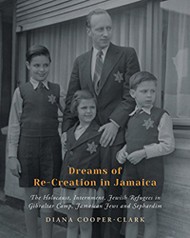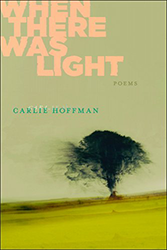In order to escape increasing antisemitism in Romania and Ukraine, Misha Adler and Noemi Milstein emigrated to South America in the 1920s. Barely out of their teens and full of early Zionist fervor for socialism and modern Jewish culture, they met and fell in love in Lima, Peru. In the following years, they founded publications and brushed shoulders with luminaries of South American history and literature. They were jailed and freed, parents and public intellectuals, speakers of a dizzying number of languages. They moved frequently from city to city, country to country, continent to continent. They were Eastern European, Latin American, Israeli, and yet, at many times, stateless.
Their grandson, renowned Columbia University anthropologist Claudio Lomnitz, tells their story and that of other family members in this fascinating, fast-moving book. While technically a memoir of Lomnitz’s familial discoveries, Nuestra América often reads more like a history of a little-known type of Jewish diasporic experience. Lomnitz clearly knows that narrativizing his research process as a traditional memoir wouldn’t do justice to the dramatic and tragic turns Misha, Noemi, and their family suffered. With a tone that is both academic and tender, the grandson steps back and lets his ancestors’ story unfold one heartbreaking turn at a time. When Lomnitz asserts himself into the narrative, it’s usually to explain an intriguing bit of Latin American history and its surprising intersection with the Jews of that continent.
Lomnitz conducted meticulous research, scouring archives, traveling, and contacting family members who live far away. He collects and presents data with the attuned eye of an ethnographer and sometimes writes of his own family with a scholarly remove. He presents every speculation, fantasy, or wish about his forebearers with caution, warning us that what follows is not verifiable fact. While this distance prevents Misha, Noemi, and the others from ever becoming fully-fledged characters in their own story, it also keeps the book decidedly honest. And by preventing the reader from becoming too swept up in the family’s emotional response to their situation, Lomnitz forces us to confront, again and again, how what we know of the past is often hearsay, and how, despite our best efforts, we can never fully know those who created us. It is a profound message nestled lovingly in a book that educates and entertains.



